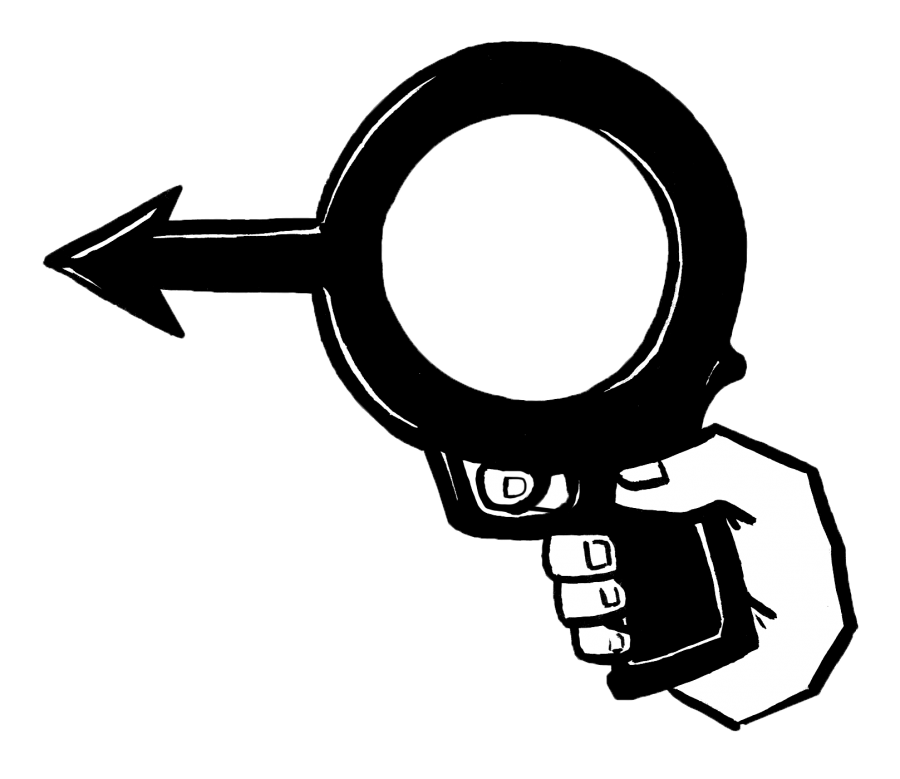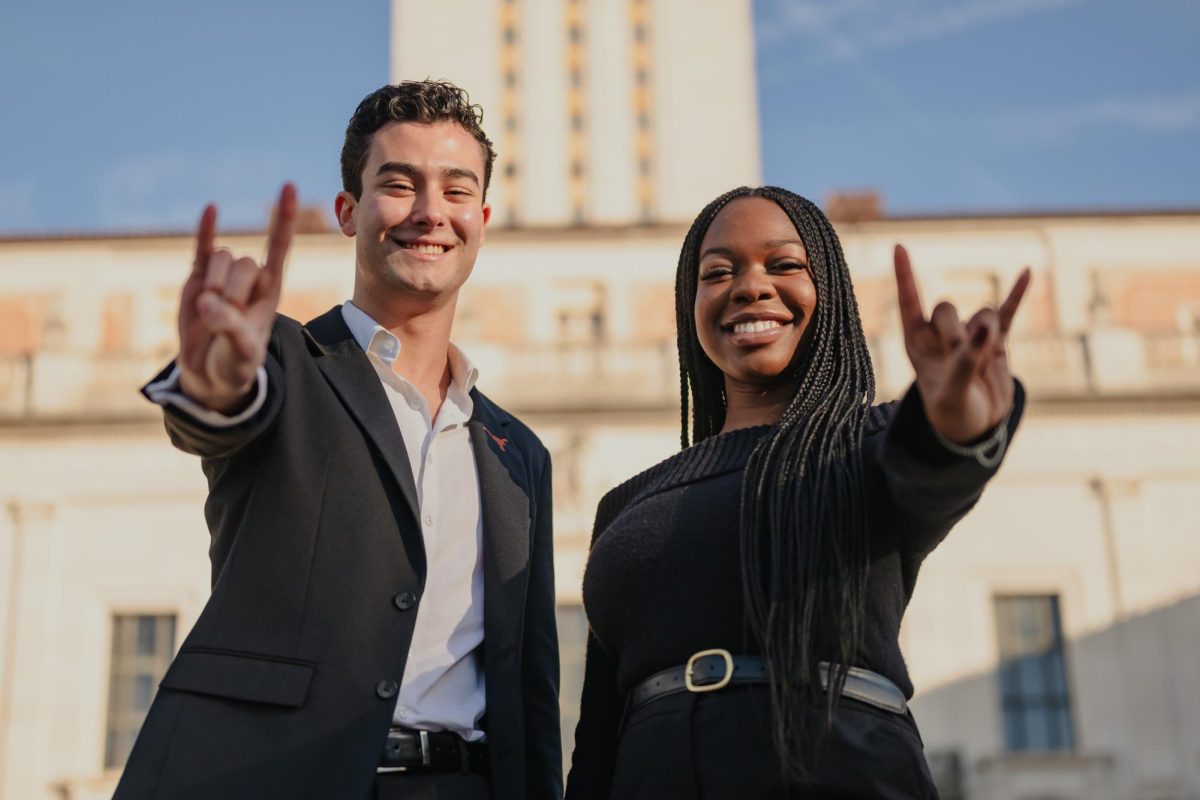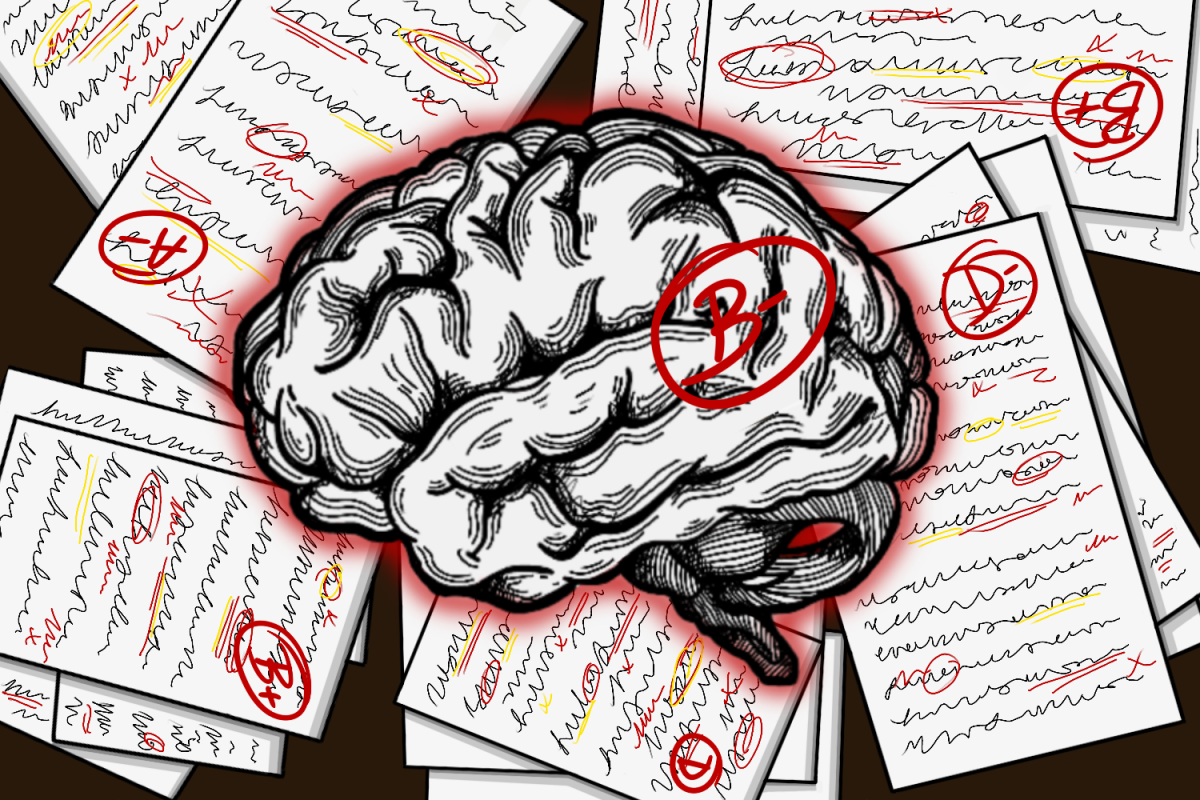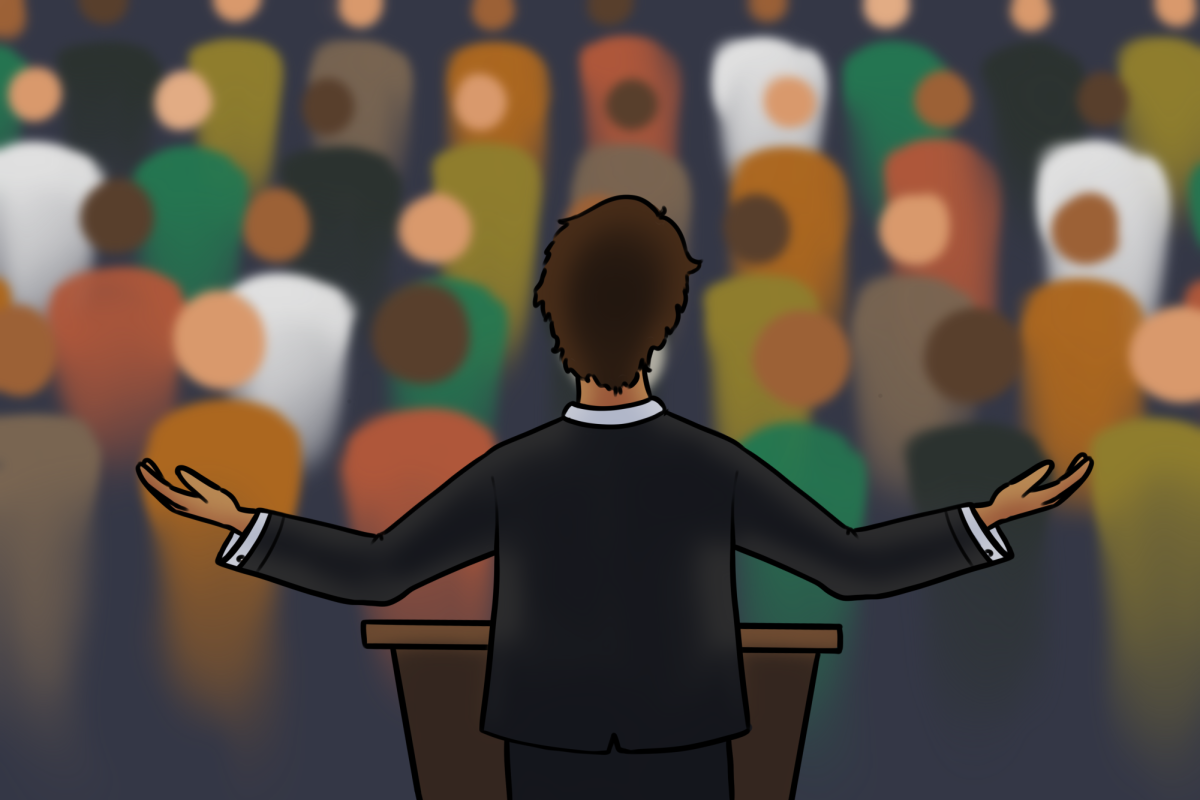The perpetrators of the 10 worst mass shootings committed by a single individual on a single day in U.S. history all have one thing in common. It’s not their race, religion, mental health or motive. It’s their gender. They were all men.
Granted, there are a lot of men out there. But the sheer demographic uniformity is still remarkable. There have been scores of mass shootings since 1982, but according to data collected by Mother Jones, just three of them were committed by women. If the reverse were true — if women were responsible for the vast majority of these catastrophes — people would definitely be talking.
This clear pattern should invite a conversation about the connection between violence and toxic masculinity. To be sure, there is only one direct cause of America’s mass shooting epidemic: the wildly disproportionate number of guns in this country compared to the rest of the world. But we should also think about who these guns belong to — mostly men.
More precisely, 62 percent of American gun owners are male. What, then, do the majority of American gun owners learn from their culture about how to wield power over others — in this case, the power to kill? Eric Madfis, a sociologist at the University of Washington-Tacoma told Politico in January that men “tend to externalize (blame and frustration) through acts of aggression.” Jennifer Carlson, who studies gender and gun politics at the University of Arizona, told USA Today last October that “demands put on men … end up being not just outwardly destructive but also inwardly destructive.”
The notion of masculinity that permeates Western culture is closely associated with aggression and strength. Fictional characters toted as masculine ideals are often gun-toting rogues with no compunction about resorting to violence to get what they want (see: Han Solo, Batman, James Bond, etc.). As the actor and author Michael Ian Black wrote for the New York Times on Wednesday, “too many boys are trapped in the same suffocating, outdated model of masculinity, where manhood is measured in strength, where there is no way to be vulnerable without being emasculated, where manliness is about having power over others.”
This is a problem men have to fix, by challenging their own notions of masculinity and inventing new, less toxic norms for their gender. When they’re bending over backwards to obfuscate the lethal reality of America’s gun problem, conservatives like to say that it’s not a gun problem at all, but a “culture problem.” They’re usually referring to old scapegoats like violent video games and rap music, which is absurd. But there are dangerous elements of our culture that horrific events like the shooting in Florida last week can shed light on — and toxic masculinity is one of them.
Groves is a philosophy junior from Dallas. He is a senior columnist. Follow him on Twitter @samgroves.





















